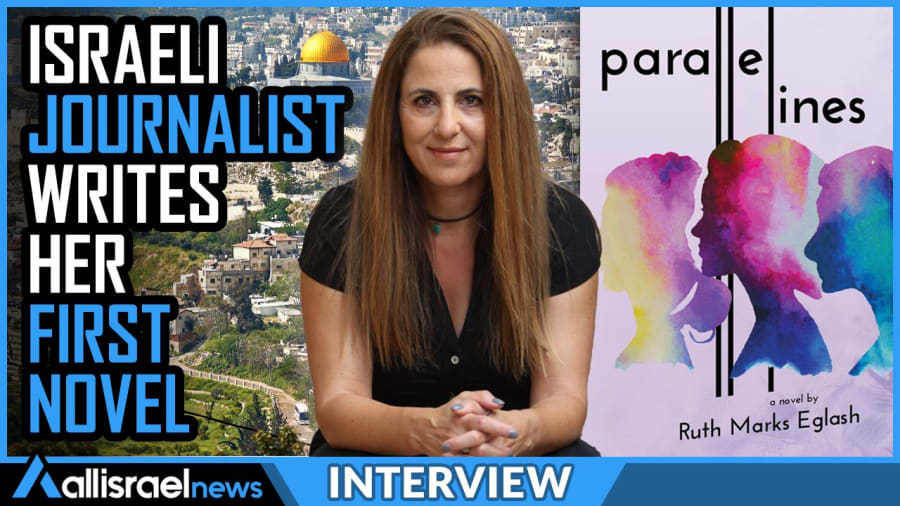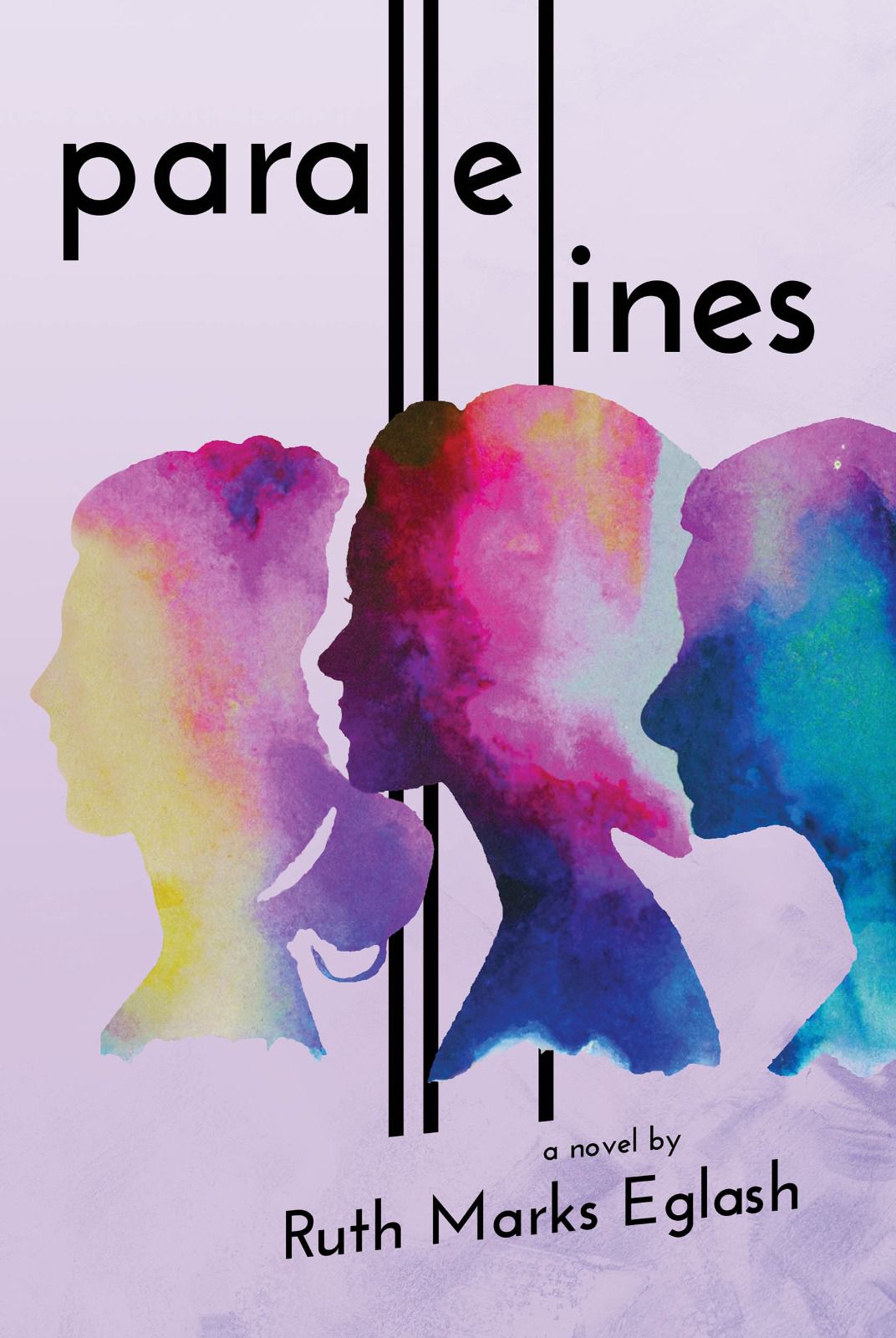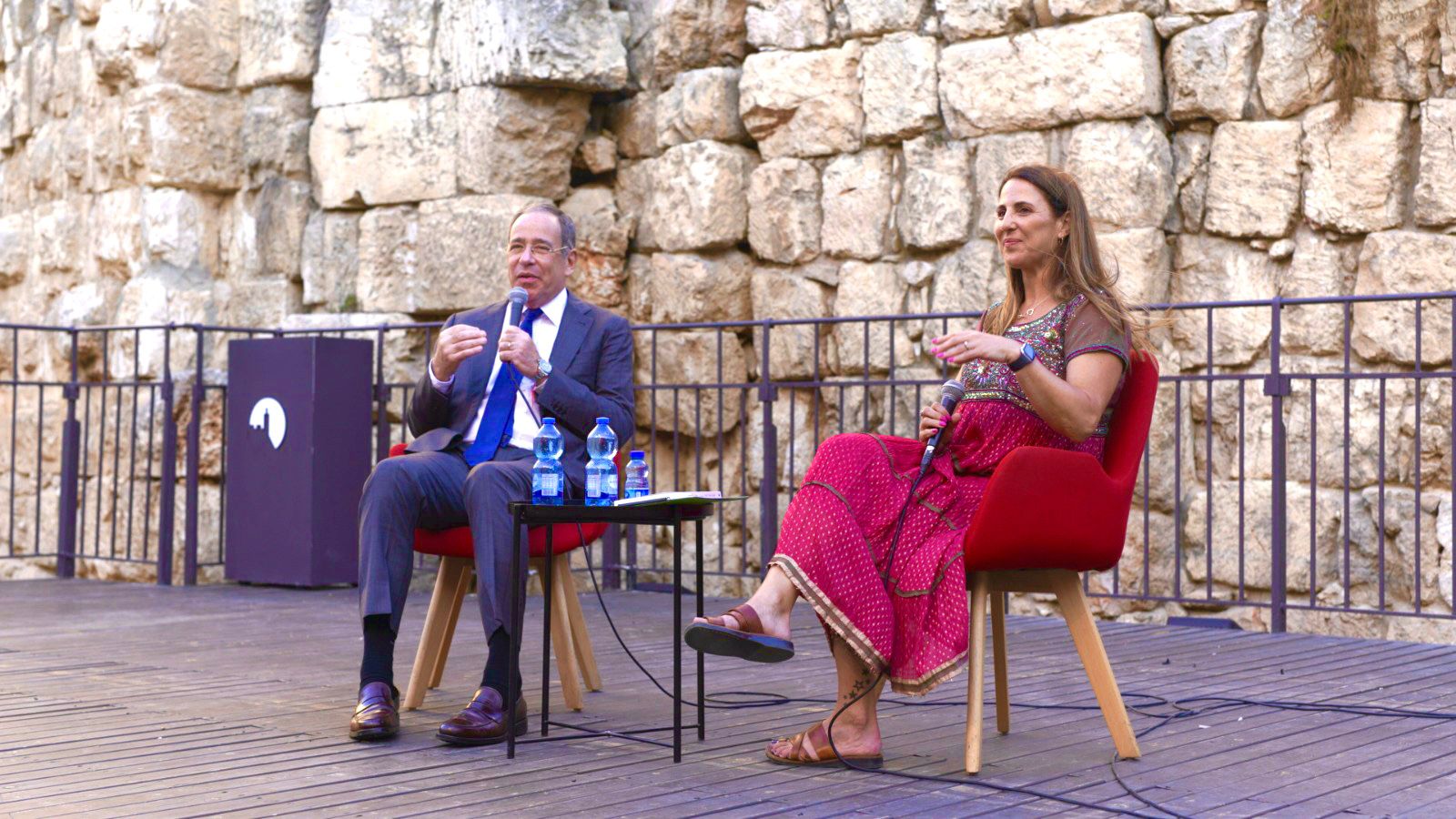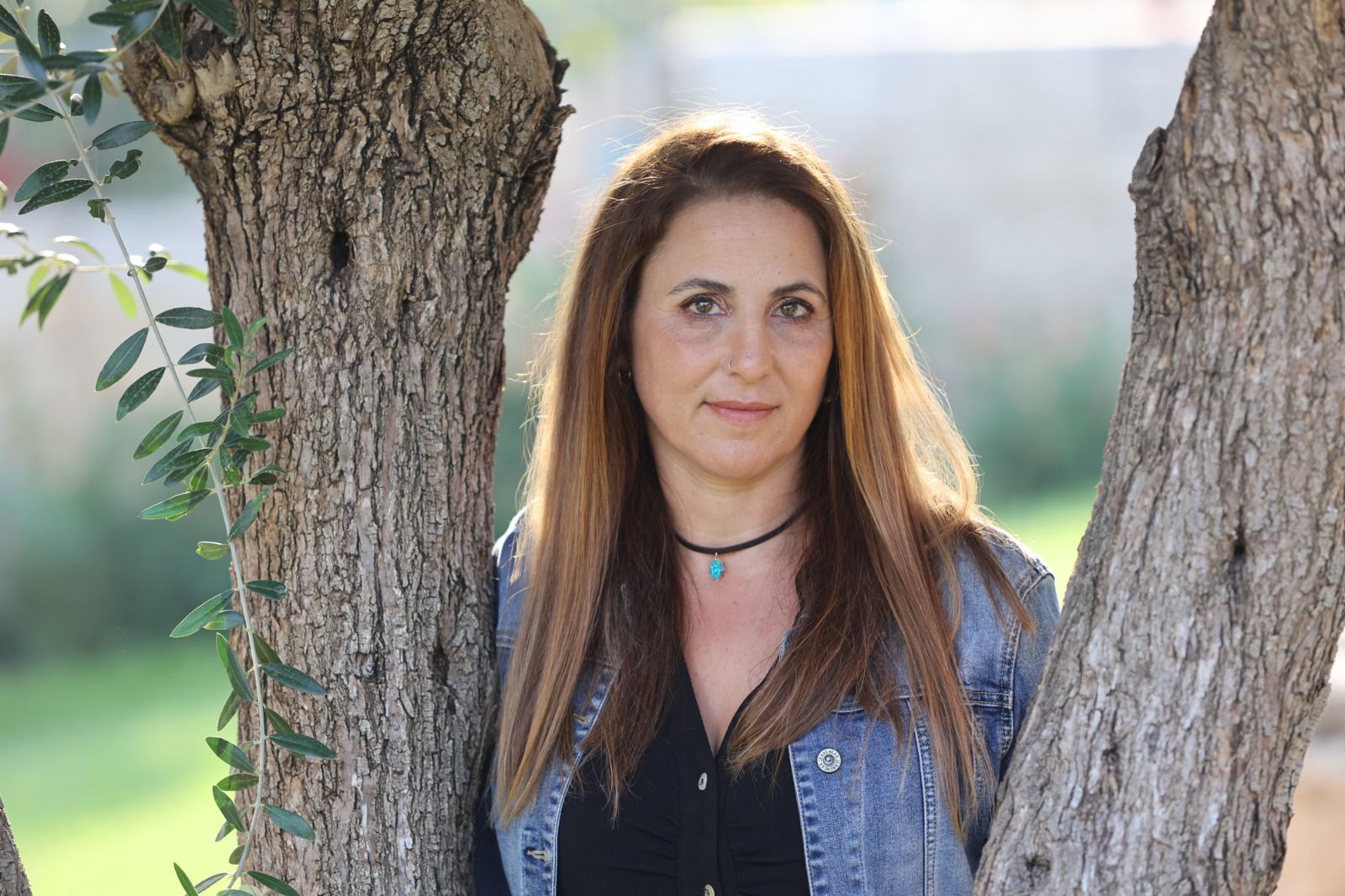Israeli journalist pens first novel, a moving tale of three teenage girls growing up in tense, complicated Jerusalem

DENVER, COLORADO — Born and raised in London, Ruth Marks Eglash is an award-winning journalist who not only lives in Israel with her husband and children but covers the Arab-Israeli conflict, speaks Hebrew and is herself an Israeli citizen.
A former Deputy Managing Editor for the Jerusalem Post, and correspondent for the Washington Post, she is currently a Senior Correspondent for the Jewish Insider.
But writing 700- to 800-word articles about life in the Holy Land wasn’t enough for her.
So, she decided to try her hand at writing a novel.
“Maybe I just had enough of the conflict, and I needed an escape, but I chose fiction,” Ruth told me during a Zoom interview I did with her this week.
“But it’s not actually an escape,” she noted. “It can actually be used to send a very strong message and can be used to reach out to people and get them to really listen to what’s at stake here.”
It wasn’t just a change of pace and style of writing that she was seeking, however.
She was trying to find a way to explain the Palestinian-Israeli conflict — and all of its pain and messiness and emotional complexity — to her own teenage children.
Her fascinating and original debut novel is called PARALLEL LINES.

It tells the tale of three teenagers in Jerusalem from entirely different backgrounds — an Orthodox Jewish girl, a secular Jewish girl and an Arab Muslim girl — who live near each other and whose lives are all affected by a terrorist attack, but whose lives never actually connect or intersect because of the stark social and religious divisions in the Holy City.
Yet, despite all of her experience as a reporter covering these diverse communities, she found it extremely difficult to sit down and actually write fiction.
“I didn’t think I could do it,” she told me, “and every time I see the [finished] novel I’m quite surprised.”
“And it was a challenge to switch from a narrative style of journalism to a more emotional, emotive, descriptive style of writing.”
She described to me her experience of trying to cover the Bosnian Crisis back in the 1990s and realizing that adequately explaining the conflict in a mere news story simply was not possible.
“I feel very much the same with the Israeli-Palestinian conflict,” she said.
But as she started writing the novel, she realized, “what better way than to do it through the eyes of young people.”
“Young people have a way of explaining things in simple terms, and that’s why I chose to make my protagonists 16 years old.”
Ruth explained to me that the age of the girls was not random — she chose 16 because in Israel everyone’s life changes radically when they turn 18.
At that age, most secular Jews go into the army, while Orthodox and ultra-Orthodox girls often get married.

The Arab residents of East Jerusalem do not usually enter the military.
For the sake of the story, therefore, “the protagonists needed to have this symmetry.”
“The last age at which they would have ‘Parallel Lines’, would be age 16.”
Much of the character of Tamar, the secular Jewish girl in the novel, came from discussions with Ruth’s own daughter.
“She was seeing the conflict with her own eyes and she had many, many questions for me.”
After dealing with her daughter’s questions, Ruth realized that other girls from other backgrounds must also be asking questions.
“So that’s when I started talking to young Palestinian Muslims, East Jerusalemites. I started talking to Haredi girls from Mea She’arim, which is the ultra-Orthodox neighborhood of Jerusalem. And I really wanted to understand, how they view the other and how they view the conflict.”
Regarding the title, PARALLEL LINES, she said that “teenage girls have similarities, they share many of the same things.”
However, for girls from these different backgrounds, living in the same sector of Jerusalem, “there’s no chance for them to meet.”
“That has always fascinated me,” Ruth told me. “You have these different groups who live side by side, but they are completely apart. They have different customs, different culture, different language even, different ways of dressing. And that really fascinated me.”
“I really wanted to put these three young women who were going through all the usual angst of teenage years, yet they were living in these three different worlds. And it was very important for me to keep the worlds separate and not say, ‘Oh suddenly they became friends.’ Because that is not realistic in Jerusalem.”
“There’s an irony in this,” she explained. “These communities, their paths do not cross. They live in separate, parallel universes, but yet, there are places in Jerusalem where their lives converge, and one of those places is the light rail.”
Ruth described how she rode the light rail train through Jerusalem many times, observing people and their patterns.

“For part of my research, I sat on the train. And you see each community getting on and off the train in different places in different areas, and there are small pockets where everyone’s together, and yet they’re apart.”
I asked Ruth why Evangelicals might be interested in reading her book, even though there aren’t any Christian characters.
“If you can’t visit Jerusalem, if you haven’t been here before but you follow the conflict…if you hold Jerusalem as a sacred place in your heart and you really want to understand what’s happening here, then I think this book can give you a good basic level of understanding.”
Ruth is right.
I’ve just begun reading PARALLEL LINES and I’m really enjoying it and finding the perspective of these three teenage girls so interesting and different, especially since the Lord chose not to give Lynn and me daughters, only four sons.
PARALLEL LINES was published on June 14 and is available in paperback and e-book editions.

Joel C. Rosenberg is the editor-in-chief of ALL ISRAEL NEWS and ALL ARAB NEWS and the President and CEO of Near East Media. A New York Times best-selling author, Middle East analyst, and Evangelical leader, he lives in Jerusalem with his wife and sons.














